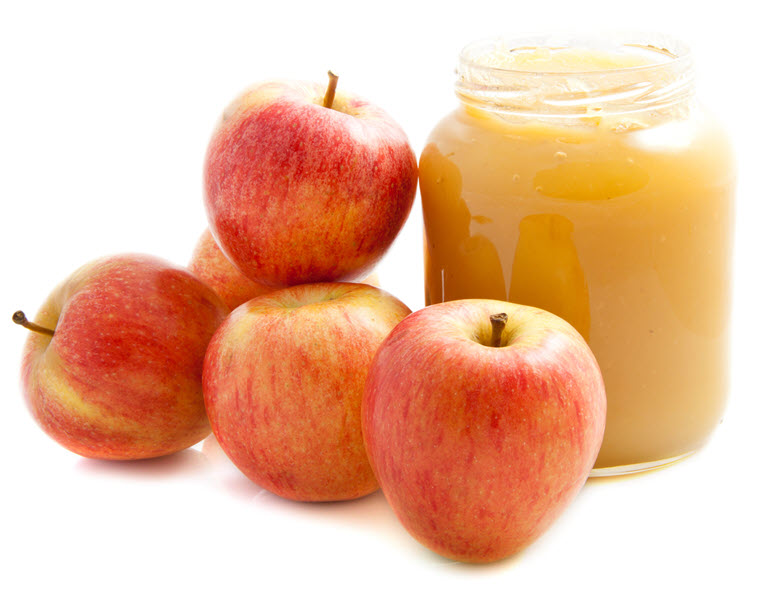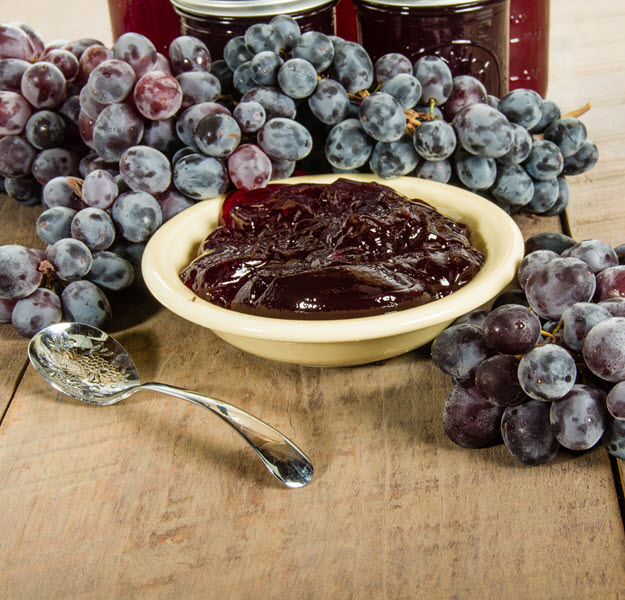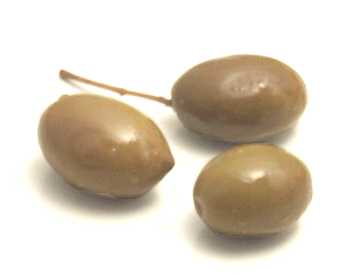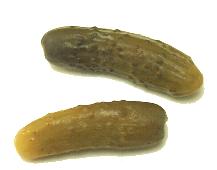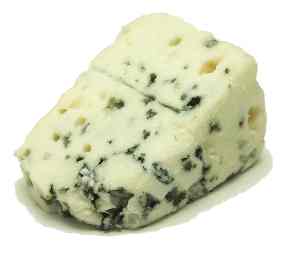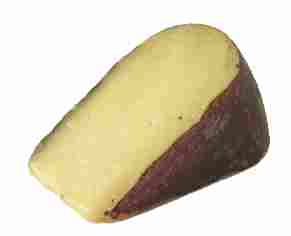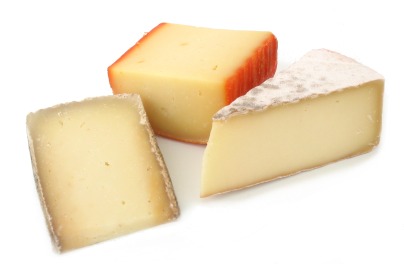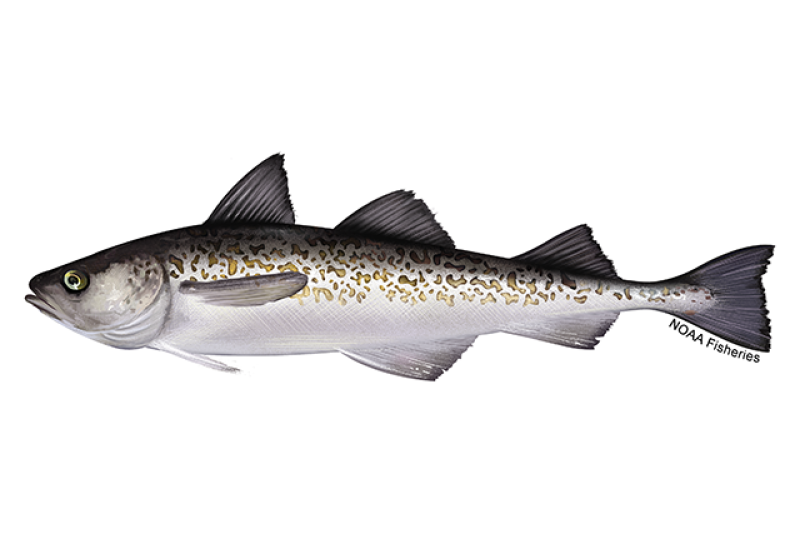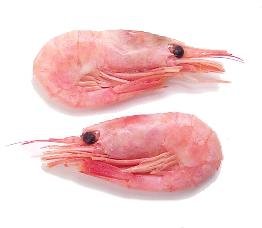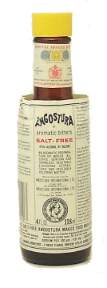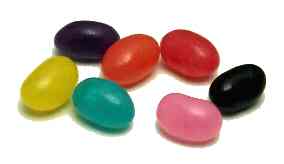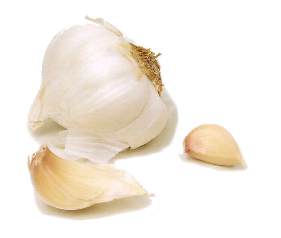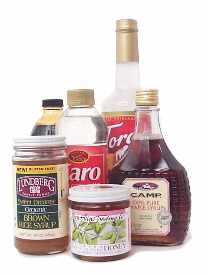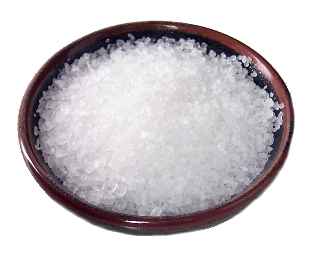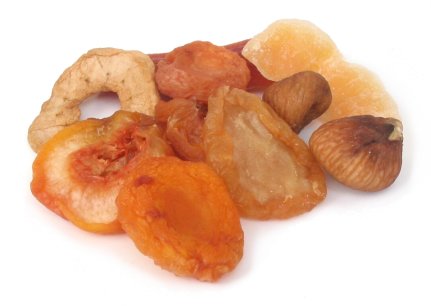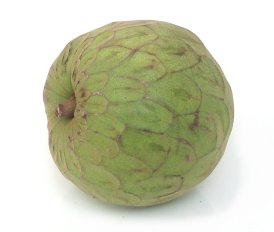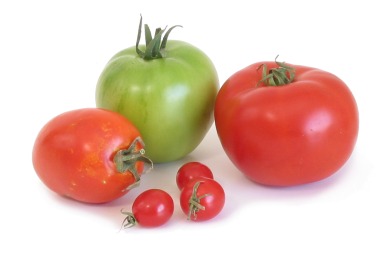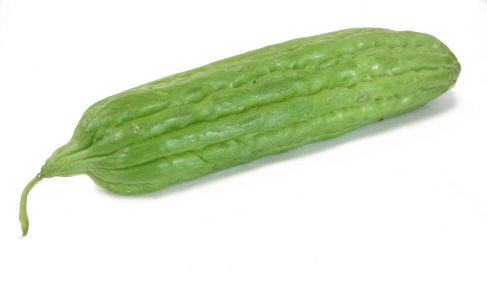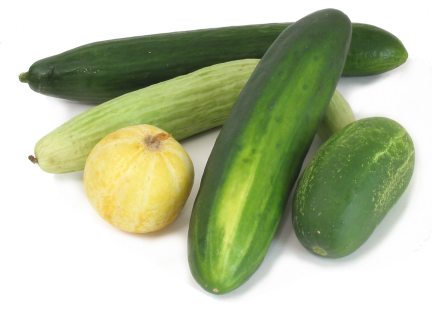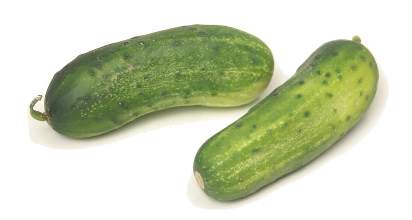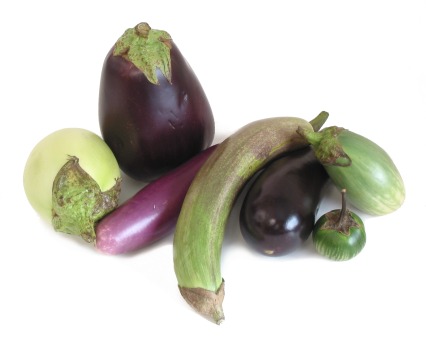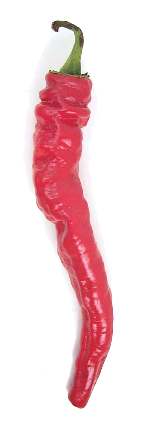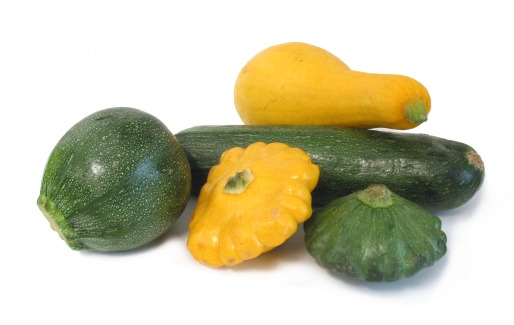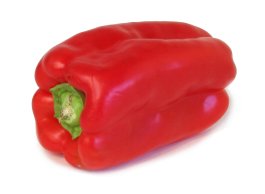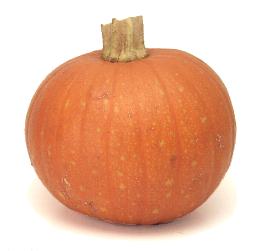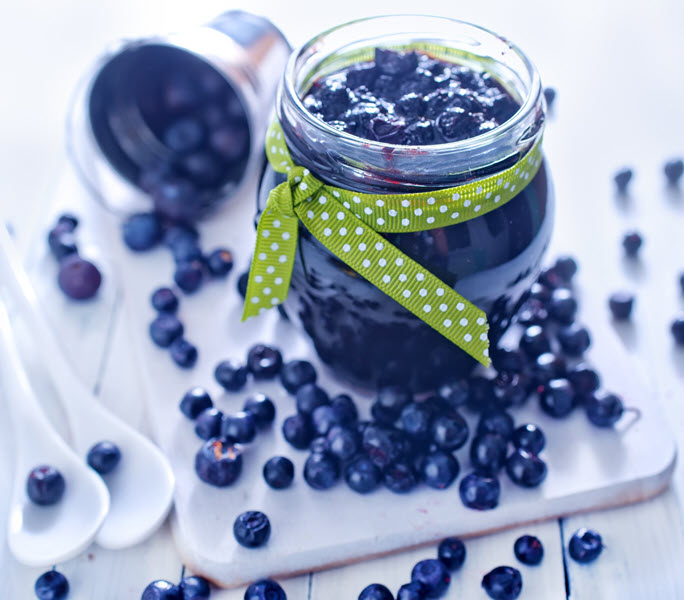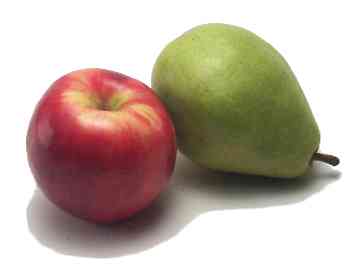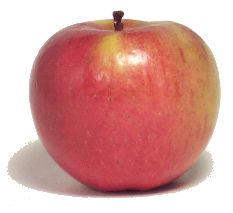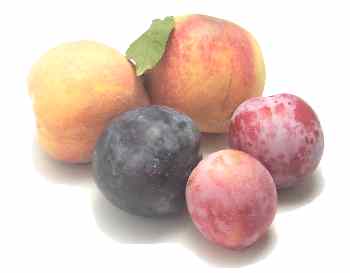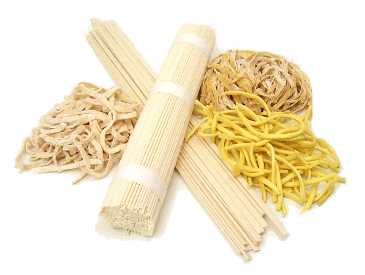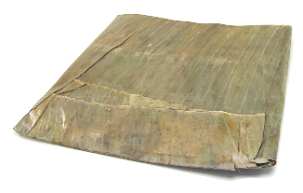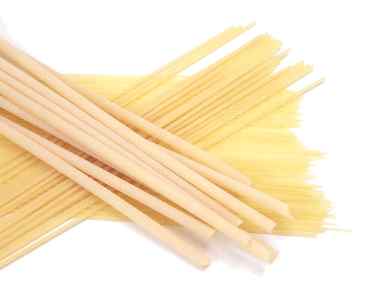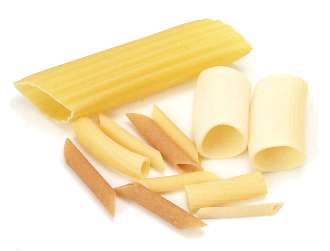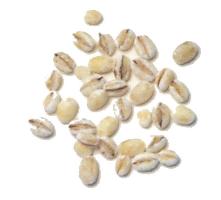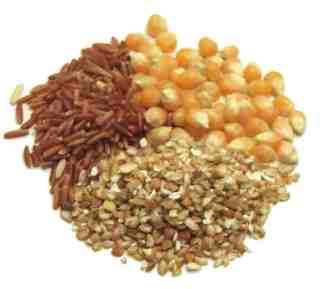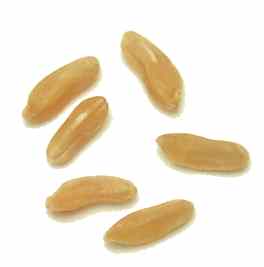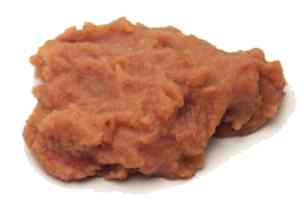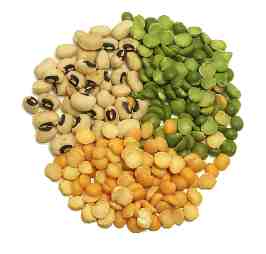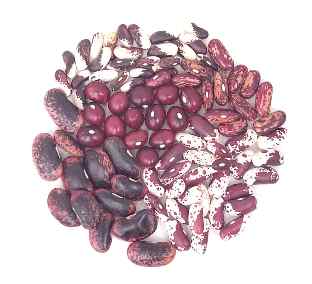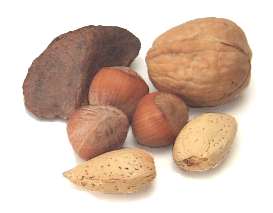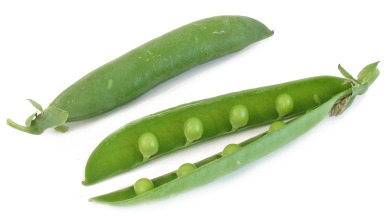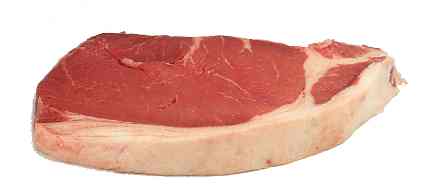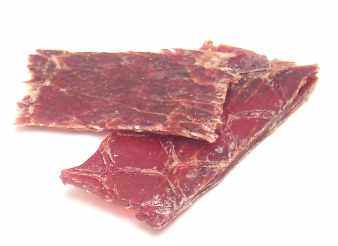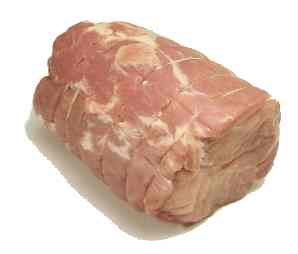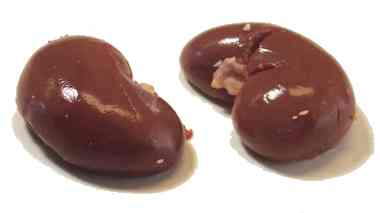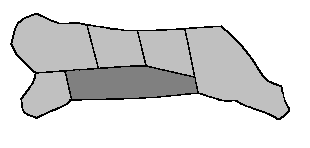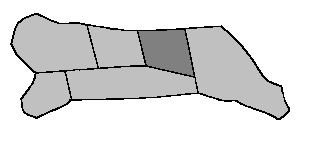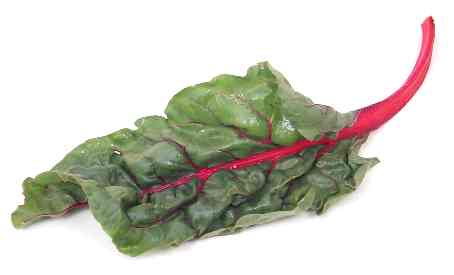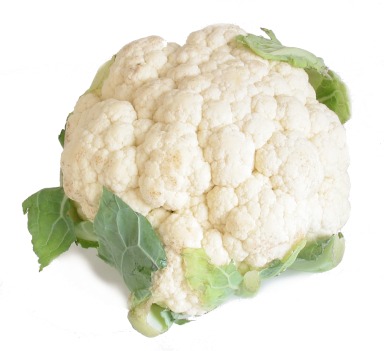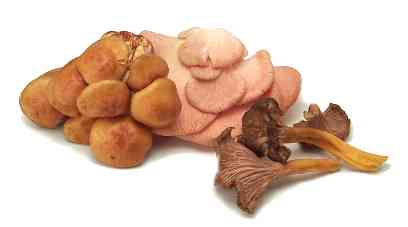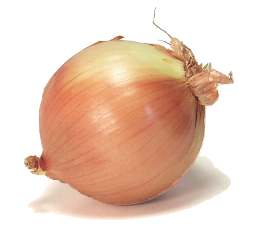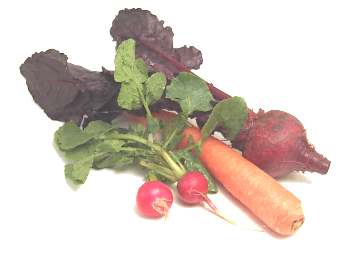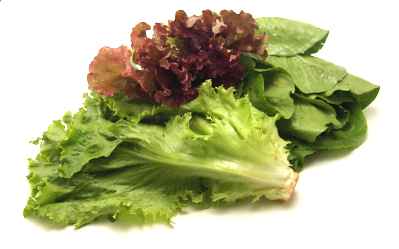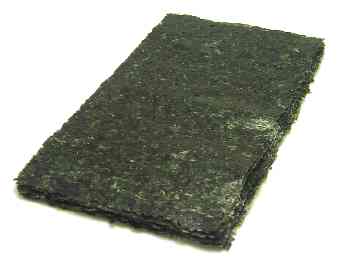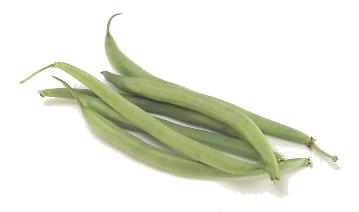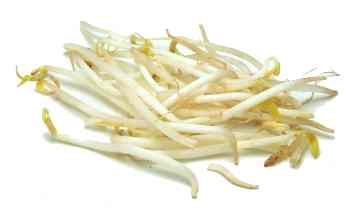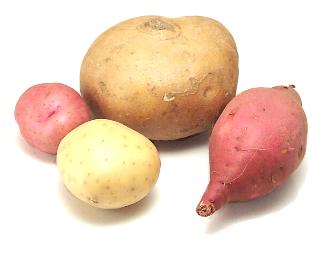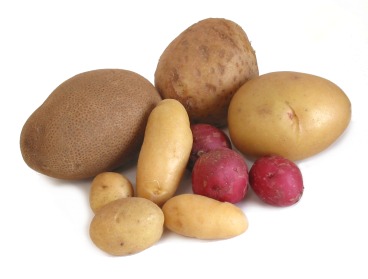All Ingredients
guajes
These green or purple flat pods contain seeds that impart an unusual, garlicky flavor to Mexican dishes. The seeds are terrific with scrambled eggs or beans, but they have a reputation for causing flatulence.
Learn moreguajillo chili
One of the more popular Mexican chilies, the guajillo (or dried mirasol chili) has a fruity flavor and medium heat (Scoville heat scale of 2,500 to 5,000 SHU). It's smooth, shiny, and reddish-brown, and it has a tough skin, so it needs to be soaked longer than other chiles. These are commonly used for marinades and adobos.
Learn moreguanciale
Guanciale is a cured pork product that's similar to pancetta, except it's made from the pork jowl rather than the belly. As a result, guanciale is much fattier, which allows it lend a richer, more buttery flavor to Italian sauces.
Learn moreguar gum
This thickener is very popular among people with gluten allergies. Look for it in health food stores.
Learn moreguarana
Guarana powder is used mostly in Brazil to make tea and soft drinks. The seeds are roasted and ground. They are similar to coffee beans but have a higher caffeine content.
Learn moreguava
These bruise easily, so markets usually sell them while they're still hard and green. Allow them to ripen at room temperature until they become yellow and very aromatic, then either eat or refrigerate them. The peel and seeds can be eaten along with the juicy pulp, but some people remove them.
Learn moreguavaberry liqueur
A specialty of the Caribbean island of St. Martin, guavaberry liqueur is based on rum and flavored with the island's indigenous guavaberries.
Learn moreguinea fowl
This small bird is very lean and tastes like a pheasant. It's very lean, so bard it before roasting, or marinate it before putting it on the grill.
Learn moregyoza wrappers
The Japanese use these round wrappers to make pork-stuffed dumplings similar to Chinese potstickers. Western cooks sometimes use them to make ravioli.
Learn moregypsy bacon
This Hungarian specialty consists of a slab of bacon that's been roasted and then seasoned with paprika. It's then cut into thin slices and served on rye bread. Look for it in German or Hungarian markets.
Learn morehabanero - dried
Don't confuse dried habaneros with the fresh version, which goes by the same name. These extremely hot chiles are wrinkled and orange.
Learn morehabanero - fresh
These extremely hot orange chiles have a fruity flavor. They're best in the summertime.
Learn morehaggis
This large Scottish sausage is made by stuffing a sheep's stomach with the animal's heart, lungs, and liver, and then adding oatmeal, onion, fat, and seasonings. It's usually steamed before serving.
Learn morehair vegetable
The Chinese add this to soups and use it as a garnish. Look for it in Chinese markets and pharmacies. It grows in the Gobi Desert.
Learn morehalf ham
Whole hams are too large for many families to handle, so manufacturers often cut them in half. The butt half = butt end is higher up on the hog, and is meatier, fattier, easier to carve, and more expensive. The shank half = shank end = hock half = hock end is leaner and, some say, sweeter.
Learn moreHaloumi
This salty, crumbly cheese from Cyprus stands up well to heat and can even be fried or grilled. It is made with combination of sheep and goat’s milk. Look for it in Middle Eastern markets.
Learn morehalvah
This is a Turkish candy made with ground sesame seeds and honey, often with fruit and nuts added. Look for it in the deli section of large supermarkets, or in Middle Eastern or Jewish markets.
Learn moreham
A ham is a pork cut that's taken from a hog's upper hind leg. There are three types of American hams: city hams, country hams, and fresh hams. City hams are the most common. They're soaked in brine (or injected with it) and then boiled or lightly smoked. Many gourmets prefer country hams, which are dry-cured and then smoked and aged for added flavor. Fresh hams aren't cured at all and need to be cooked. America also imports several dry-cured hams from abroad, including prosciutto, Bayonne ham, Serrano ham, Black Forest ham, Westphalian ham, York ham, and Ardennes ham. These hams are similar to our country hams, except that they're often eaten raw while country hams are usually served cooked. Ham is relatively low in fat, but even low-salt hams are high in sodium.
Learn morehand
This German washed rind cow's milk cheese is pungent and stinky. It's good with beer, but it would over-power most wines.
Learn morehard cider
This is low-alcohol wine that's made from apples. It's fairly sweet, and especially popular in Normandy.
Learn morehard-shell clam
Littleneck clams are smaller than cherrystone clams which are smaller than quahog clams = quahaug clams = chowder clams which are smaller than ocean quahog clams = ocean quahaug clams = mahogany clams = black clams.
Learn morehardneck garlic
Hardneck garlic retains the stalk in the center of the bulb. They tend to have stronger flavors and do not store as long as softneck garlic. Hardneck garlics include purple stripe, rocambole, porcelain, and others.
Learn morehardtack
Hardtack is an unleavened, unsalted biscuit that sailors used to eat while on long sea voyages. Since it's very dry, it can be stored for a long time without refrigeration.
Learn moreharicot verts
This is a very thin variety of green bean that's crisp, tender, and expensive. Don't confuse this with the haricot bean, which is a dry bean.
Learn moreharissa
This is a hot North African paste that's used as a meat rub or (mixed with water or oil) as a condiment.
Learn moreharusame
These thin, translucent Japanese noodles are typically made with potato, sweet potato, rice, or mung bean starch. They're similar to Chinese bean threads.
Learn more













